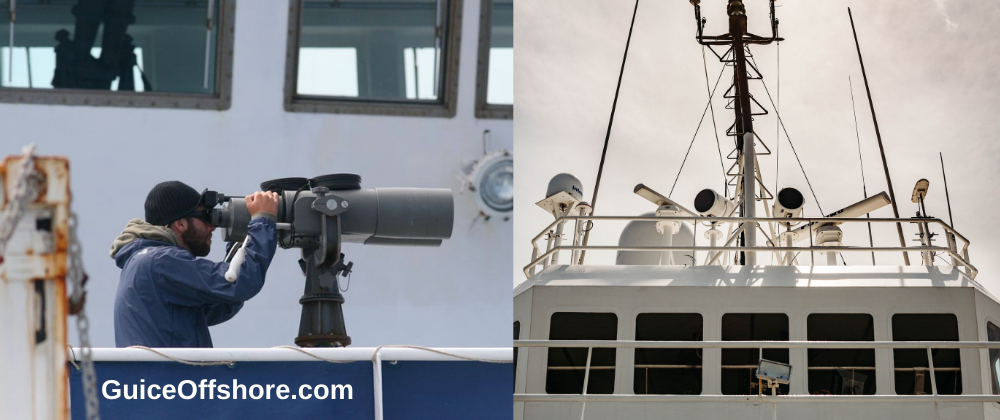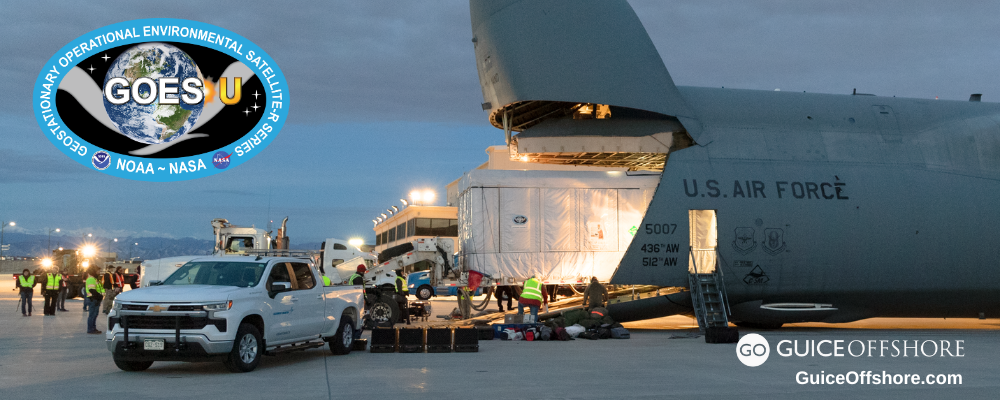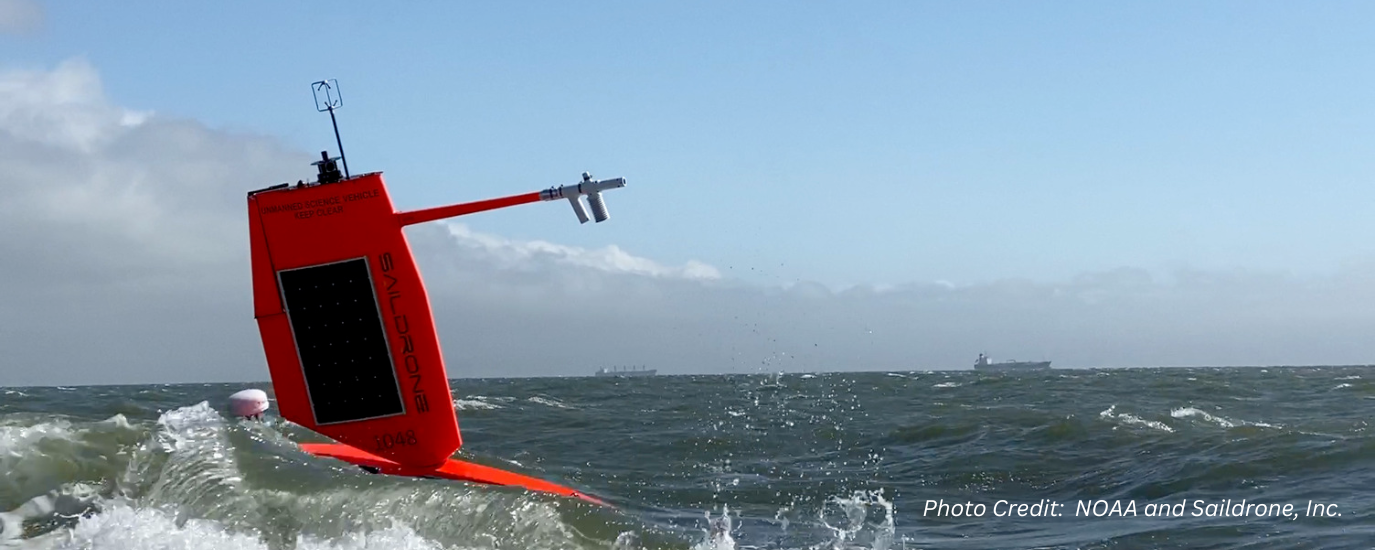For offshore missions that may involve seismic exploration for offshore oil, dredging and soil disposal, construction and demolition, pile driving, explosive blasting, and geophysical (seismic) surveys, Guice Offshore (“GO”) provides qualified Protected Species Observers (PSOs) to staff our vessels through our subsidiary, GO Marine Services.
Also known as a Marine Mammal Observer (MMO), these environmental professionals usually have a strong background in marine biology and conservation, and are usually part of the GO vessel crew to support the regulatory and mitigation requirements of a specific project. Their duties include spotting sensitive wildlife species that may be adversely affected by the work at hand, and monitoring adherence to regulatory guidelines under the Endangered Species Act and/or Marine Mammal Protection Act.
PSOs document and generate compliance reports, as well as act as a source of information on marine wildlife and other environmental matters associated with the project. They are responsible for a wide range of duties, including standard visual monitoring, passive and active acoustic monitoring, aerial surveys, dirigible and remote operated vehicle surveys, military trials and oil rig decommissioning, among others.
Although the majority of a PSO’s focus is on marine mammals and sea turtles, PSOs often address other wildlife such as birds and fish. Spotting and identifying marine wildlife can involve long hours of visual surveying using technical equipment. PSOs can assist in ensuring the delay or stoppage of air gun use if a whale or dolphin is sighted nearby, for example.
With concerns about underwater man-made noise pollution increasing, more companies working offshore are employing a “best practice” philosophy to environmental preservation and voluntarily taking on PSOs and MMOs as independent observers even in areas where no government regulations exist. In other circumstances where some regulations may be open to interpretation or the environmental conditions are unique, a PSO/MMO will be called upon to advise on a sensible mitigation protocol.
To read a face sheet from the Marine Mammal Observer Association, click here.
To learn more about the PSO/MMO program from the National Oceanic and Atmospheric Administration (NOAA), click here.
- Basic Criteria to Become a Protected Species Observer
- NOAA Fisheries Review Process of Protected Species Observers
- Trainers and Providers



